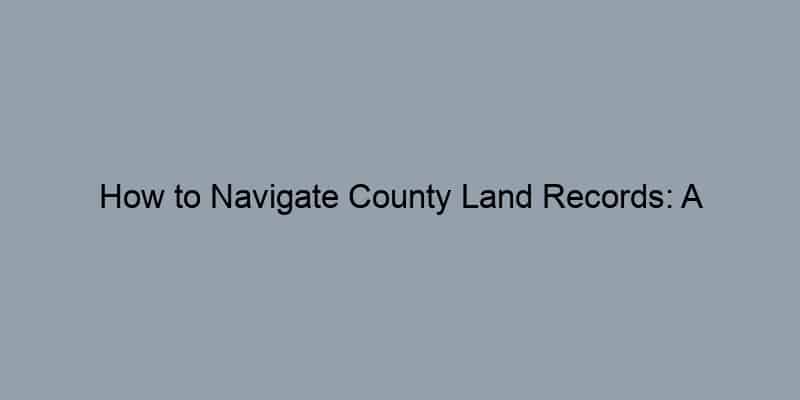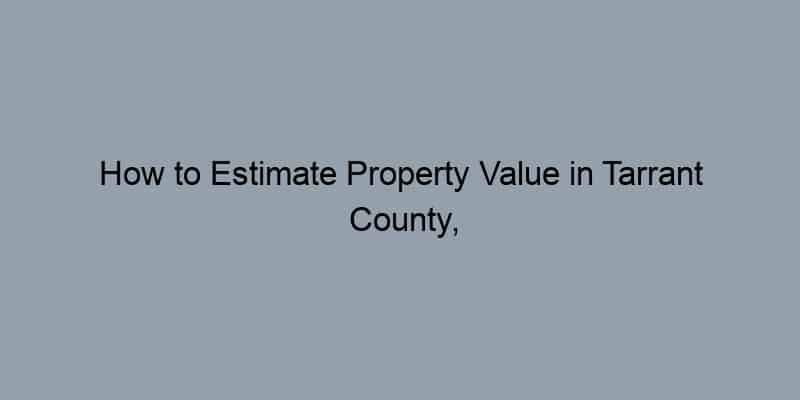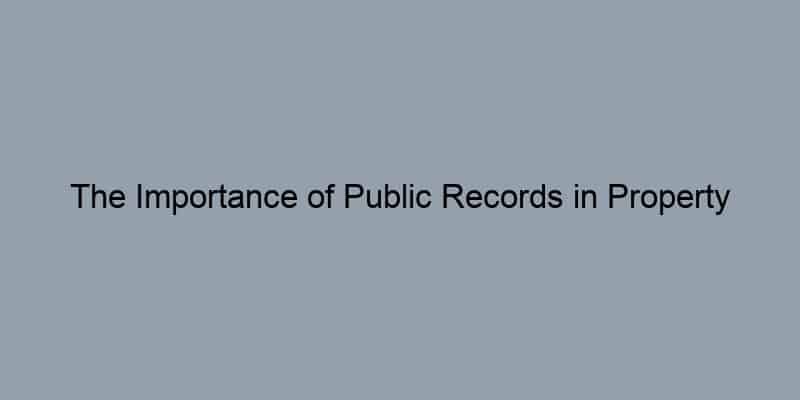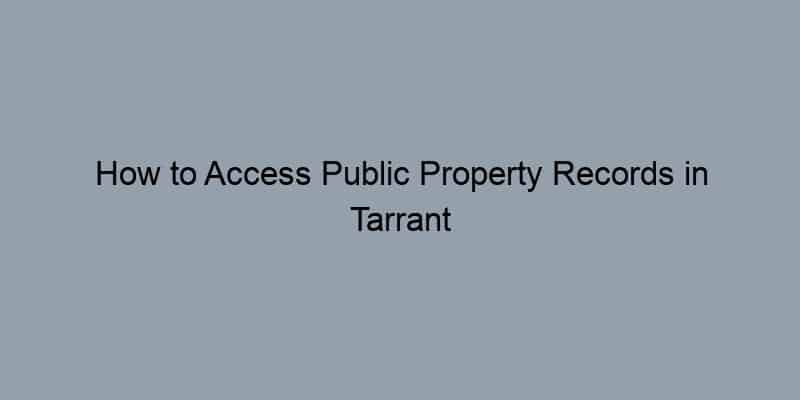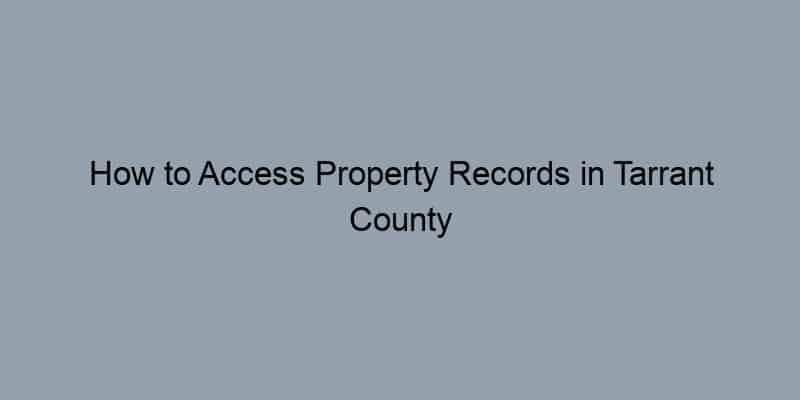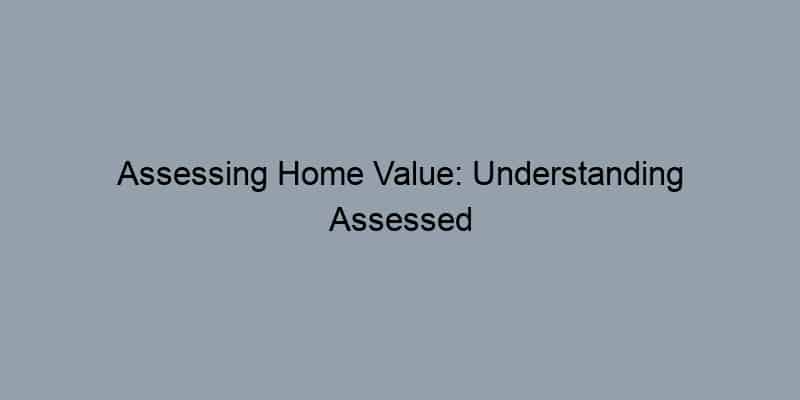When it comes to purchasing a property, one of the most critical — yet often overlooked — aspects is examining real estate records. Whether you’re a first-time homebuyer or a seasoned investor, accessing and understanding these records can protect you from potential legal issues, hidden costs, or future disputes.
Real estate records are more than just paperwork — they are essential tools in making informed, secure, and financially sound property decisions. In this guide, we’ll break down the role of property records in the homebuying process, what information they reveal, and how to access them efficiently.
What Are Real Estate Records?
Real estate records, also known as property records, are public documents maintained by county or municipal offices. These documents include a wide range of information such as:
- Ownership history
- Property tax assessments
- Legal descriptions
- Title information
- Lien and mortgage records
- Zoning classifications
- Sales history
These records are essential because they offer a transparent view into the property’s legal and financial background — giving buyers peace of mind.
Why Real Estate Records Matter When Buying A Home
1. Verify Legal Ownership
The last thing any buyer wants is to close on a property only to discover that the seller didn’t legally own it. Real estate records help verify the chain of title and confirm that the seller has the right to sell the property.
2. Uncover Liens Or Outstanding Debts
A property may have hidden debts attached to it, such as unpaid taxes or contractor liens. These obligations can transfer to the new owner unless cleared before the sale. Checking lien records ensures you’re not inheriting financial liabilities.
3. Understand Property Boundaries
Disputes over property lines are more common than many buyers realize. Reviewing plat maps and boundary descriptions in real estate records helps avoid encroachment issues and legal disputes with neighbors later on.
4. Assess Market Value And Tax History
Knowing the sales history and assessed value of a property helps buyers determine if the asking price is fair. It also provides insight into future property tax obligations.
5. Confirm Zoning And Land Use Restrictions
Zoning classifications determine what activities or structures are allowed on the property. For example, buying a home with plans to operate a home-based business or build an addition may be restricted by zoning laws.
How To Access Real Estate Records
1. Visit The County Recorder or Assessor’s Office
Most real estate records are held at the county recorder’s office or county assessor’s office. You can visit in person or access many of these documents online through official government websites.
Example: Maricopa County Recorder (Arizona) or LA County Assessor Portal
2. Use Online Public Record Databases
Many counties have searchable public databases where you can look up property records by address, parcel number, or owner’s name. These tools are often free or require a nominal fee.
3. Hire A Title Company
For those seeking a full report, hiring a title company to conduct a title search and provide a title insurance policy is a wise move. This ensures that your investment is protected against any title discrepancies.
4. Use Third-Party Property Search Tools
Websites like Zillow, Realtor.com, and PropertyShark aggregate data from public records and display it in user-friendly formats. While these sites may not be 100% comprehensive, they’re helpful starting points for basic information.
Common Red Flags In Real Estate Records
Being aware of the red flags in property records can help you avoid costly mistakes. Here are a few to watch out for:
1. Multiple Liens Or Judgments
This could indicate that the current owner is in financial distress. All liens must be cleared before the transfer of ownership.
2. Recent Ownership Transfers At Unusual Prices
If a property has changed hands several times at significantly different prices in a short period, it may signal fraudulent activity or speculative flipping.
3. Zoning Violations
Ensure that any existing structures comply with zoning and building regulations to avoid penalties or the need for costly alterations.
The Role Of Title Insurance
Even after checking all available public real estate records, there is still a risk of hidden issues such as undisclosed heirs, forgeries, or errors in public records. Title insurance protects the buyer and lender from these risks by covering any legal expenses or losses if a title issue arises after the purchase.
Best Practices For Reviewing Real Estate Records
- Start early in the homebuying process to allow time for due diligence.
- Cross-check data from multiple sources.
- Consult professionals such as real estate agents, title companies, or real estate attorneys if you identify potential issues.
- Review zoning and land use plans if you intend to remodel, expand, or use the home for anything other than residential purposes.
Final Thoughts
Real estate records are a powerful resource for homebuyers. They offer transparency, protect against fraud, and empower you to make informed decisions. Skipping this crucial step could lead to serious legal and financial issues down the road.
At Official Property Records, we are committed to providing accurate, up-to-date, and reliable property record information to individuals, real estate professionals, and businesses. Our platform offers seamless access to essential property details, including ownership history, legal records, and market trends, helping users make informed decisions. By leveraging advanced technology and trusted sources, we ensure transparency and efficiency in property data retrieval. Whether you’re a homeowner, buyer, investor, or industry professional, our goal is to simplify the process of obtaining verified property records, making research and decision-making easier and more accessible.
Before you sign any contracts, make sure you’ve reviewed the full history of the property, verified legal ownership, checked for liens, and understood zoning laws. It’s not just due diligence — it’s smart investing.
Ready To Start Your Homebuying Journey With Confidence?
Make sure you’re equipped with the right tools and insights. Whether you’re researching on your own or working with a professional, don’t skip checking the real estate records. Visit your local county recorder’s website, hire a trusted title company, or explore reputable online platforms to begin your search.
Knowledge is power — especially when buying your future home.
🔍 Start your property record search today and make your next real estate move with clarity and peace of mind.





